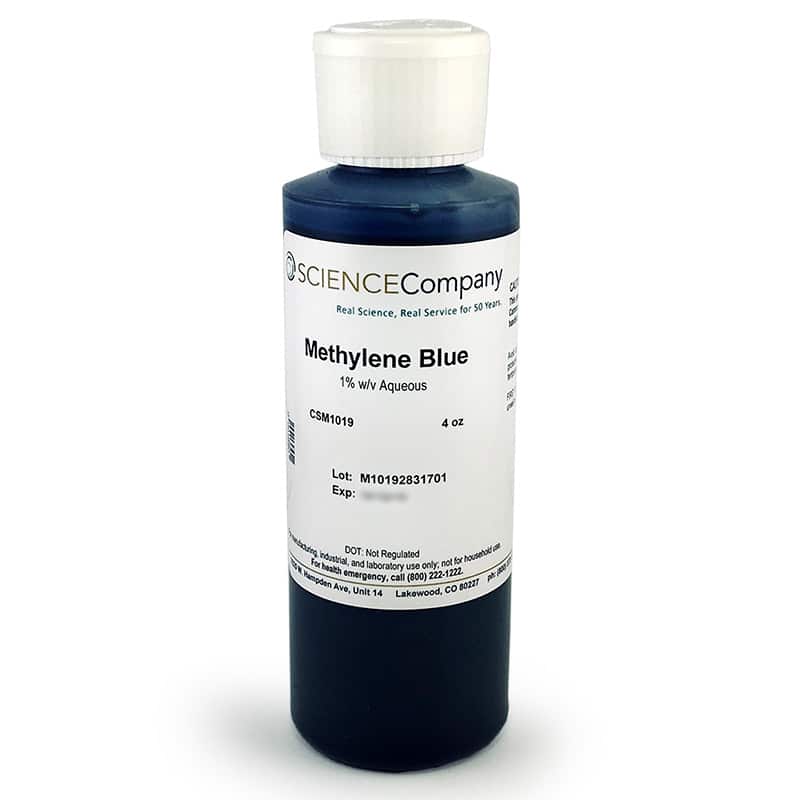
If you use a breast pump during this time, throw out any milk you collect. Tell your doctor if you are pregnant.ĭo not breast-feed within 8 days after you received methylene blue. Using methylene blue during pregnancy could harm the unborn baby. To make sure methylene blue is safe for you, tell your doctor if you have:

medicine to prevent organ transplant rejection-cyclosporine, sirolimus, tacrolimus.other antidepressants-bupropion, clomipramine, mirtazapine or.an "SNRI" antidepressant-desvenlafaxine, duloxetine, levomilnacipran, milnacipran, venlafaxine, Effexor, Cymbalta, Pristiq, and others.an "SSRI" antidepressant-citalopram, escitalopram, fluoxetine, paroxetine, sertraline, Prozac, Paxil, Zoloft, and others.an MAO inhibitor-isocarboxazid, linezolid, phenelzine, rasagiline, selegiline, tranylcypromine, and others.Tell your doctor about all your current medicines and any you recently stopped using, especially: Many drugs can interact with methylene blue. a genetic enzyme deficiency called glucose-6-phosphate dehydrogenase (G6PD) deficiency.Available at: (cited: Mar/21/2022).You should not be treated with methylene blue if you are allergic to it, or if you have:

IBM Watson Health, Greenwood Village, Colorado, USA. In: IBM Micromedex® DRUGDEX® (electronic version). In: Olson KR, Anderson IB, Benowitz NL, Blanc PD, Clark RF, Kearney TE, et al., editors. Nelson, Howland MA, Lewin NA, Smith SW, Goldfrank LR, Hoffman RS, editors. Nausea, vomiting, abdominal pain, chest pain, headache, dizziness, confusion, profuse sweating hypertension or hypotension reported haemolytic anaemia methaemoglobinaemia (with high dosage) bluish skin discoloration blue saliva, urine and faeces Avoid diluting with sodium chloride solutionsĪDULT and CHILD: 1 – 2 mg/kg as a single dose (0.1 - 0.2 mL/kg of 1% solution) as a single dose may be repeated after 1 hour if required.



 0 kommentar(er)
0 kommentar(er)
